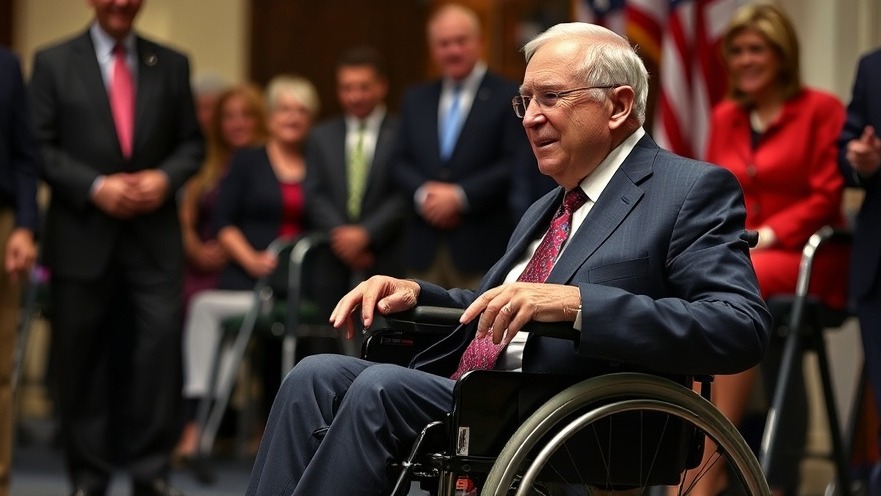
Governor Abbott's Assertive Political Strategy
Texas Governor Greg Abbott, once viewed as a cautious political player, is now making waves with a bold approach to governance that prioritizes his agenda over traditional bipartisan negotiation. As Texas heads into a politically charged year with upcoming elections, Abbott aims to capitalize on his recent successes and cement his authority in the state’s political landscape. His initiatives span various sectors, from redistricting efforts to education reforms, signifying his intention to steer Texas in a direction he firmly believes is best.
Unpacking Texas Redistricting and Its Political Implications
Redistricting is a prominent topic in Texas politics, and Abbott’s latest moves reveal a strategic attempt to secure future electoral wins for the Republican party. With a growing emphasis on drawing district lines favorably, concerns have been raised about the fairness of these practices and their impacts on minority representation. Advocates argue that redistricting should prioritize the needs of all Texans—something that Abbott's approach has come under scrutiny for not addressing sufficiently.
Impact of Education Bills on Texas Families
In addition to redistricting, Abbott's aggressive push for education reforms, including new funding for private vouchers, is creating a stir among educators and parents alike. While some argue these measures would provide families with more choice in their children's education, critics contend that such policies could further erode public school funding. As Texas grapples with significant challenges in the education sector, including teacher retention and student resources, Abbott's agenda raises important questions about the state's commitment to public education.
Border Security Measures: A High-Stakes Agenda
The governor's renewed focus on border security is another hallmark of his leadership that resonates strongly with his voter base. Anti-immigration policies are being refined as Abbott seeks to establish himself as a tough lawmaker on issues surrounding Texas’ porous Southern border. This aligns Abbott with national trends among Republican leaders advocating for stricter immigration enforcement, yet it also places significant pressure on local law enforcement and raises disputes over the humanitarian implications of such policies.
Voices from Across the Political Spectrum
While Abbott's bold measures rally his supporters, opposing voices caution against his unilateral approach to governance. Critics from both the Democratic and some moderate Republican camps argue that this refusal to engage in more cooperative governance leads to deepening divides within the state. The reality is that Texas, with its diverse demographics and interests, may require a more inclusive political strategy to navigate its complex challenges moving forward.
What's Next for Texas?
As we look ahead to the critical 2025 elections, Abbott's current strategies will undoubtedly shape the future political landscape of Texas. With public attention on gubernatorial and legislative races heating up, advocates, educators, and citizens will be watching closely to see whether Abbott can maintain his momentum or if the backlash against his policies will create opportunities for his opposition.
In a time of political upheaval, understanding these changes in Texas governance is essential for informing future choices at the polls. Stay updated on Texas politics to see how these issues evolve leading up to the elections. Your voice matters in shaping the future of Texas!
 Add Element
Add Element  Add Row
Add Row 



Write A Comment